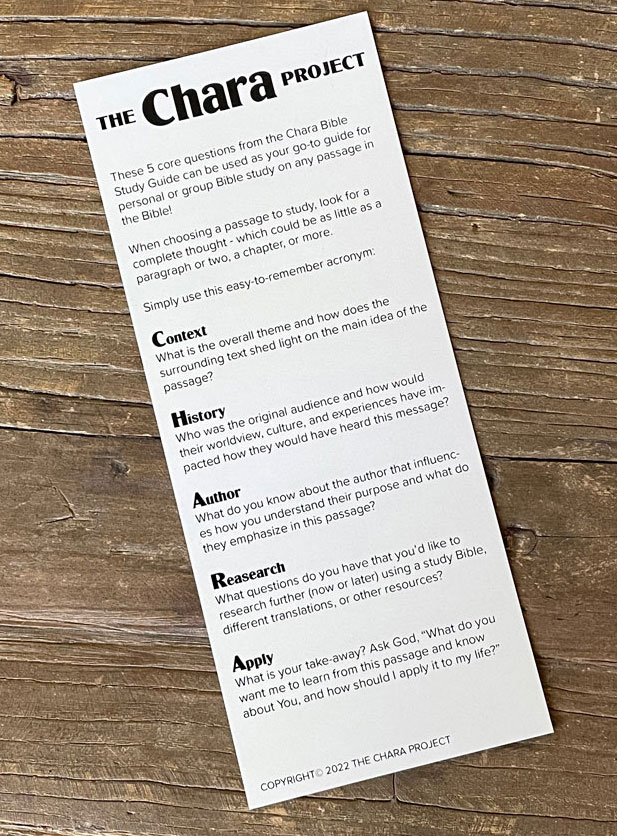WHAT IS WISDOM LITERATURE?
The books of Job, Proverbs, and Ecclesiastes are the three most commonly known books of wisdom literature in the Bible. Some scholars classify the books of Psalms and Song of Solomon as part of this literary style, while others call these books Poetry or Praise. What we’ll discover as we dive into wisdom literature is a better understanding of how to live well as we experience the world around us.
WHAT WAS THE PURPOSE OF WISDOM LITERATURE?
Wisdom literature unpacks how the world works, provides guidance on common sense areas of life, and addresses life’s mysteries and philosophical questions, like “What is the purpose of life?” The books in this literary style give us practical application for today, and most importantly, how to have awe and reverence toward God. Most writings that capture wisdom provide “prudence to those who are simple, knowledge and discretion to the young,” and provide additional wisdom to those that are already wise (Proverbs 1:4-5, NIV).
The heart of all wisdom literature is answering the question:
What does living well in this world look like?
DIFFERENT KINDS OF WISDOM LITERATURE
There are three areas in which we see wisdom literature detail how we are to understand our life on earth:
-
-
-
LIFE’S WISDOM – We learn about life’s wisdom and guidance most prominently in the book of Proverbs. The word “proverb” in Hebrew is translated to mean “parable” or “wisdom saying,” getting to the heart of its purpose to be short, memorable statements that provide truth on human behavior or thinking. The purpose of this type of literature is to instruct us on how to not be a fool, but instead how to live a wise and good life. It emphasizes the point that God is just and wise, and that often we get what we deserve out of life.
-
-
-
LIFE’S MEANING – At the start of the book Ecclesiastes, the author says “Meaningless, meaningless… everything is meaningless,” which sets the stage for us to realize that this book is all about the philosophical questions around the purpose of life. Throughout the book, the author uncovers how life is unpredictable, life isn’t fair, and how we eventually all die. That no matter how well we live our lives, we can pursue all we want of this world – pleasure, wisdom, riches, success, or work – but we don’t have control of anything. “…it is all meaningless—like chasing the wind” Ecclesiastes 1:14 (NLT). The result of the book helps us realize that a life without God has no purpose or meaning.
-
-
-
LIFE’S SUFFERING – The book of Job is a story of a man who had it all – family, wealth and was blameless and upright – and then lost it all after doing nothing wrong. With friends that echo an often popular worldview, Job is surrounded by people telling him his suffering must be due to something bad he’s done in God’s eyes. In the ultimate story of understanding suffering in this world, this book summons us to trust God’s wisdom even in times that don’t seem fair or right. Throughout the book, Job is plagued with questions many of us have asked around God’s almighty power, His justice, and man’s role in causing the suffering this life can often bring us.
WHY SHOULD I READ IT TODAY?
Wisdom literature helps direct our hearts and actions in everything we encounter in our daily lives – from how to build character in our kids to how to handle struggles or suffering in this life. It helps reveal guidance of how to make better choices – right vs. wrong, wise vs. foolish, and many other areas of discernment. It also addresses the tough questions that many of us have contemplated around if there is a God, if God is just, and why suffering in this world happens.


